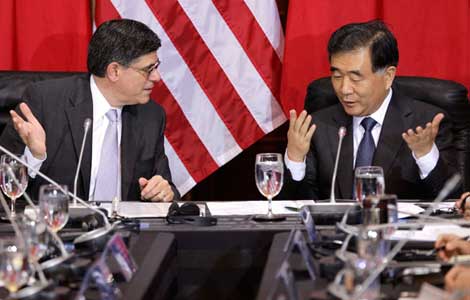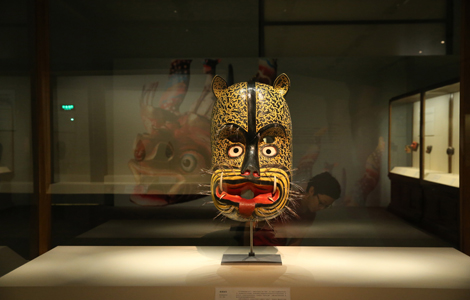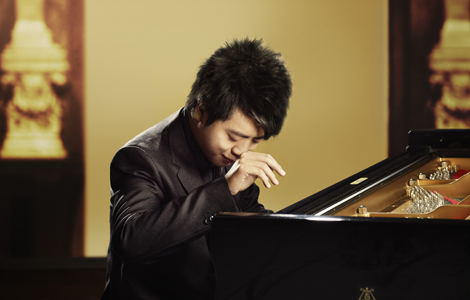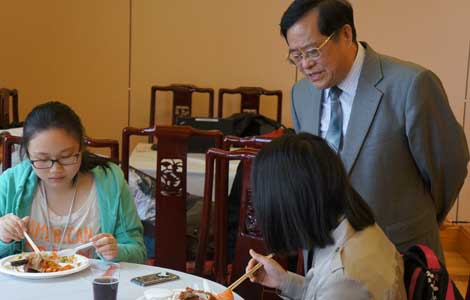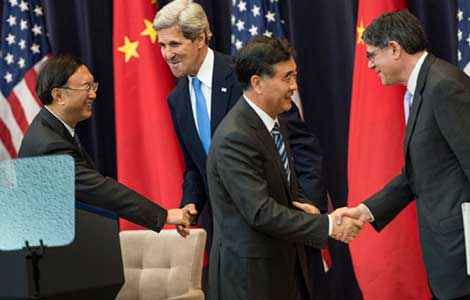Cities strengthen links in culture, creative sectors
Updated: 2013-07-12 07:28
By Lin Jing and Emma Dai in Macao and Cao Yin in Beijing (China Daily)
|
||||||||
Beijing aims to strengthen cooperation with Macao in culture and creative industries, said a senior culture official.
"Though Macao is small in size, it is a gateway to the Portuguese-speaking countries. It has resources that the Chinese cultural industry can explore," said Zhang Huiguang, Party chief of Beijing State-Owned Cultural Assets Supervision and Administrative Office.
The agency was established in 2012 to oversee the city's cultural affairs and manage assets of State-owned cultural enterprises.
This year, Beijing plans to invest 31 billion yuan ($5 billion) in cultural projects, which provide a lot of business opportunities for Macao enterprises, Zhang said.
The city is also implementing a strategy of cultural innovation to turn itself into an international cultural metropolis.
Since 2012, the number of visitors to Beijing has exceeded 231 million and each spent an average of $1,000. Beijing's trade in cultural products reached $3.54 billion in 2012, up by 15.5 percent from 2011.
To promote cultural exchanges between the two cities, Cotai Magnific ViewProperty Development, a subsidiary of Macao's gaming operator Sociedade de Jogos de Macau, signed a contract worth 2 billion yuan ($326 million) on Wednesday with Beijing Gehua Cultural Development Group to develop "Wonderland of Art and Literature".
The project will focus on performances and exhibitions to promote Chinese culture in Macao.
Ambrose So Shu Fai, executive director and CEO of the gaming operator, said he values the partnership with Beijing.
This project will become a window of cultural exchanges between China and the rest of the world, he said. As Macao is where East meets West, it will also serve as a platform for China to liaise with Portuguese-speaking countries, said Ambrose.
He noted that Macao can be a place to introduce not only Chinese culture to the outside world but also the best cultures of other countries to the Chinese audience. "It's a two-way communication," he added.
Wang Guohua, director of the Cultural Industry Research Institute, said Macao is a "bridge" for Chinese culture to cross borders.
Beijing can use this platform to showcase various aspects of Chinese culture, such as Peking Opera, he said.
Most Viewed
Editor's Picks

|

|

|

|

|

|
Today's Top News
US, China conclude 5th round of strategic talks
Japanese defense report lashed out
Lifesaving top priority, premier says
China's astronauts ready for challenge
Top GSK executives investigated
Rate-reporting rule on horizon
Stocks surge amid speculation on measures
Pathfinder pianist
US Weekly

|

|
